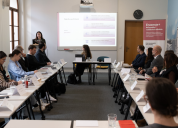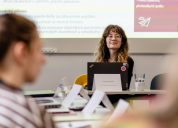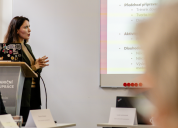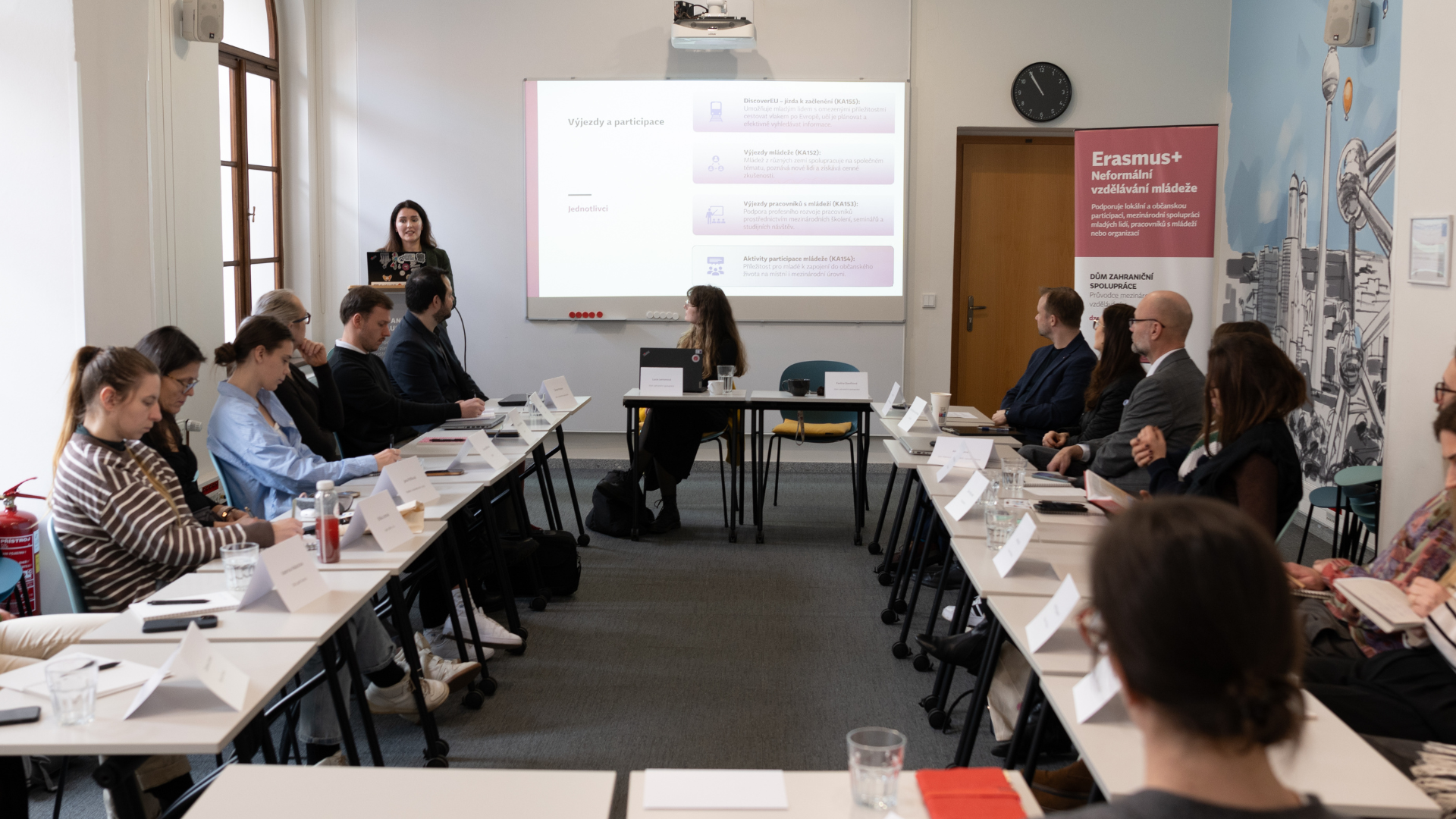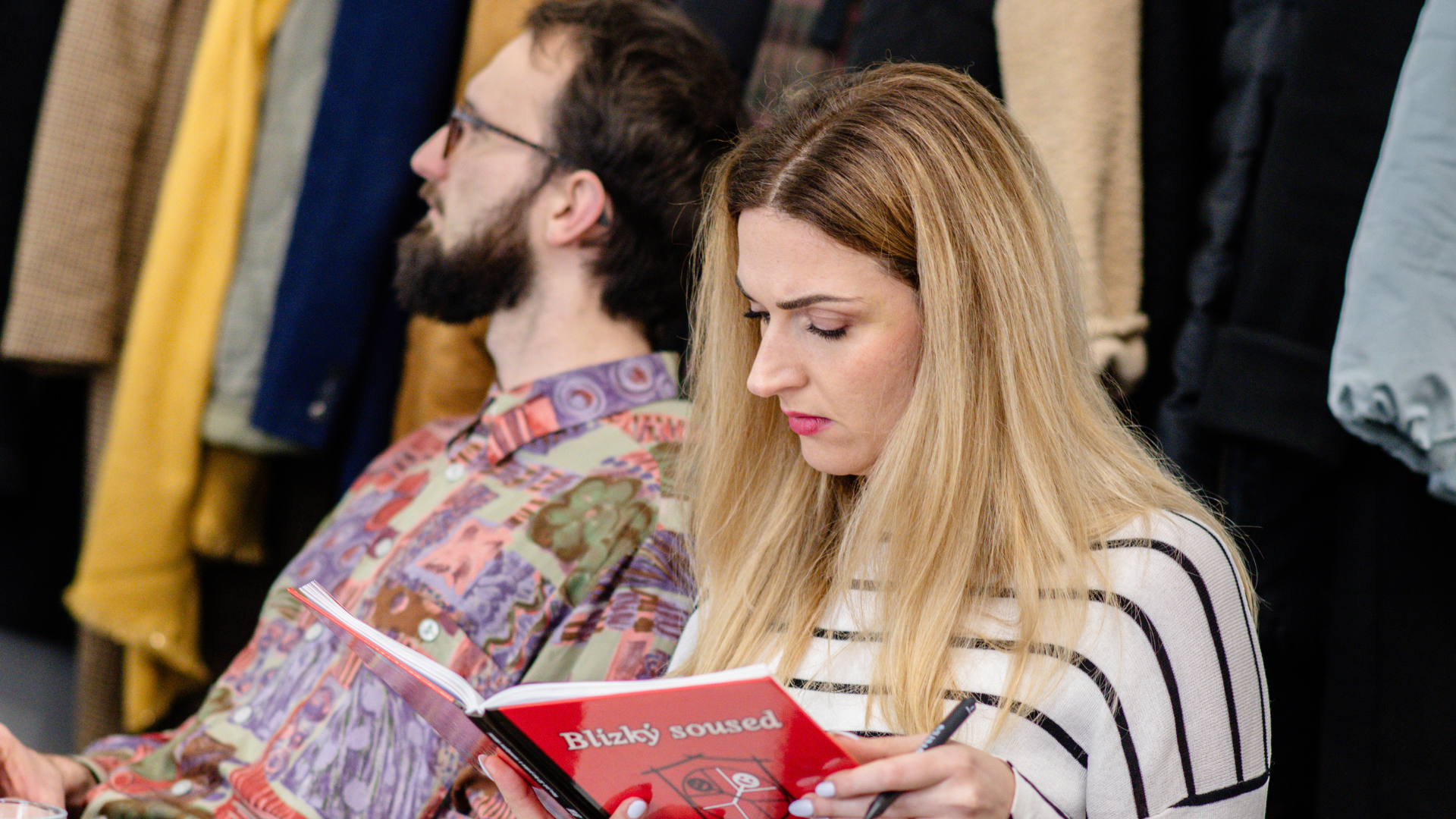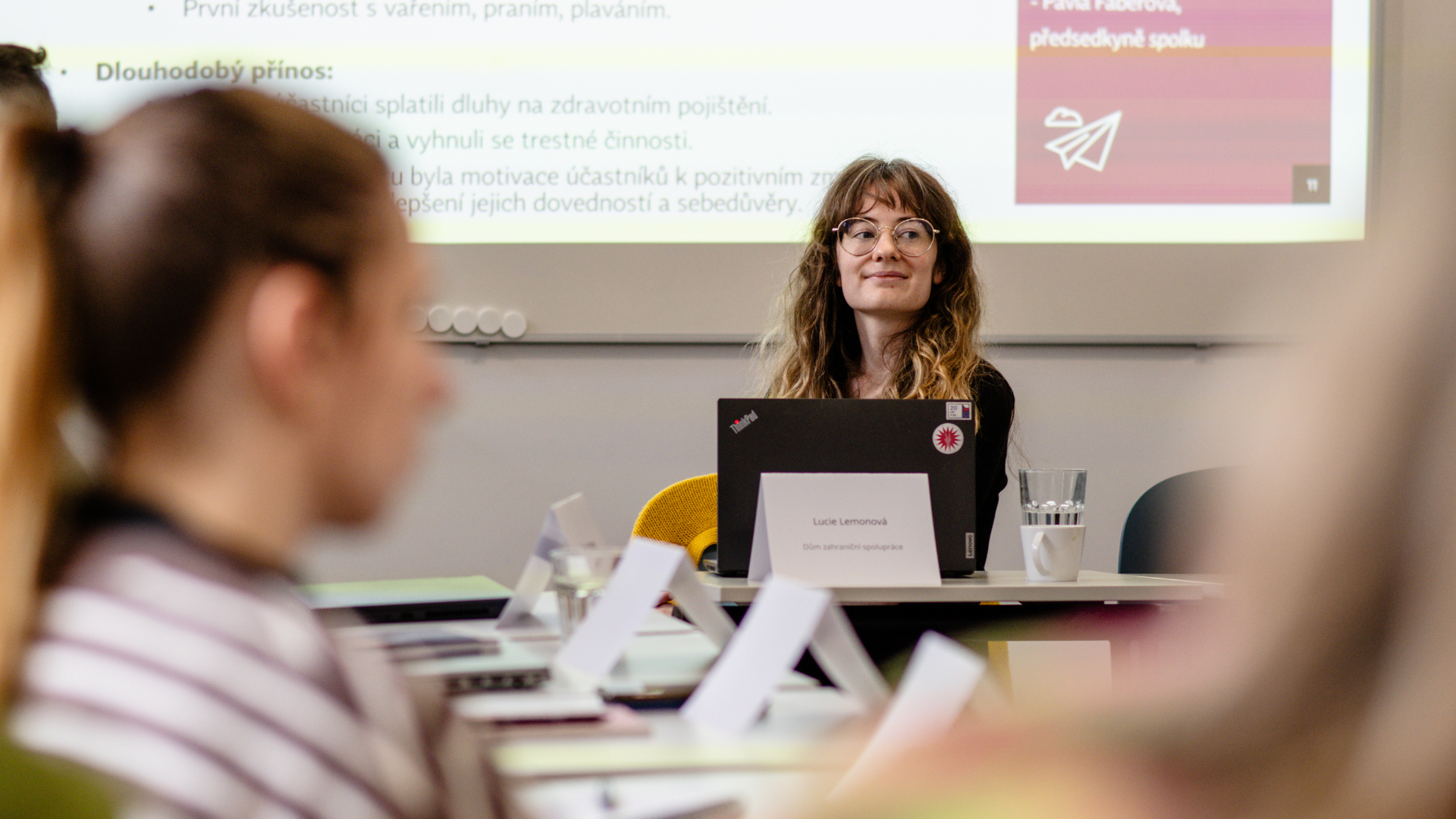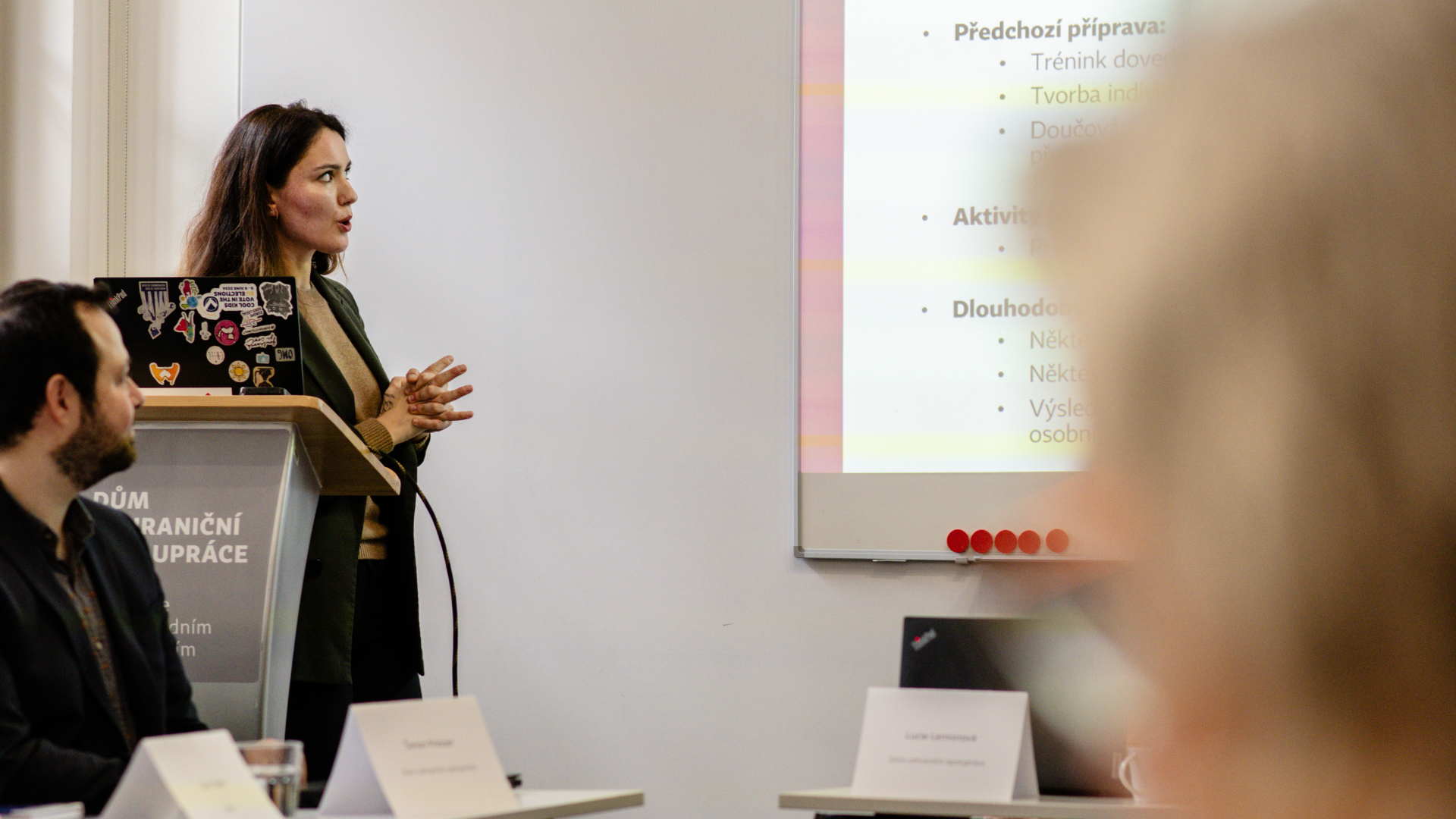Development opportunities for young people from children's homes presented by round table
The event was held under the patronage of the Government Commissioner for Human Rights, Klára Šimáčková Laurenčíková.
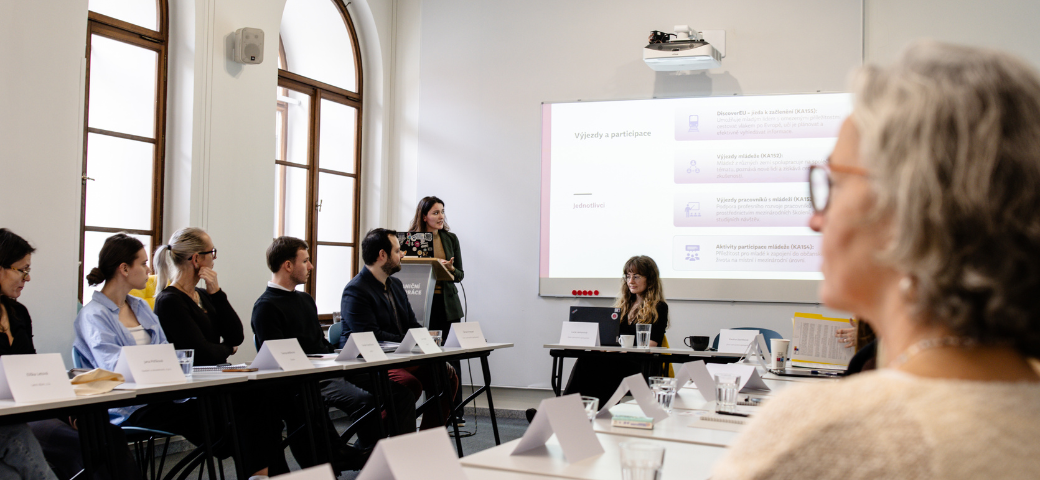
On January 29, a roundtable discussion took place at the Czech National Agency for International Education and Research (DZS), focusing on the opportunities that the Erasmus+ program offers to young people from children's homes/orphanages and the professionals who support them. The event, held under the patronage of the Government Commissioner for Human Rights, Klára Šimáčková Laurenčíková, brought valuable insights for expanding international opportunities for these young individuals.
Inspiration and International Cooperation
The discussion highlighted the interest of children's homes in Czechia in international exchanges, which could help directors and educators gain inspiration and best practices for working with children and youth from disadvantaged backgrounds. The Erasmus+ program offers a wide range of opportunities in this regard, including youth exchanges, mobility programs for youth workers, and participation projects. "It is extremely important to learn from each other, to see what works elsewhere and bring those insights here," noted the Human Rights Commissioner, Šimáčková Laurenčíková.
Organizational Capacity as a Key Challenge
One of the main obstacles identified during the meeting was the insufficient organizational capacity of children's homes to implement international projects. Non-profit organizations and other entities dedicated to the development of children's homes could play a significant role in addressing this challenge.
Educational Seminars and Modern Technologies
There was also interest in educational seminars for youth workers in children's homes. Given the potential language barrier during international exchanges, the use of modern technologies and artificial intelligence was suggested as a key tool to overcome this challenge. "They do not always have the support they need. They do not always receive the necessary resources and tools in time to face the challenges of their daily work. If we want to create a good system for children, it starts—and often also ends—with the conditions for the professionals who work with them," emphasized the Human Rights Commissioner.
Next Steps
The roundtable discussion underscored the need to strengthen cooperation between children's homes, non-profit organizations, and public sector representatives to make the Erasmus+ program more accessible to this group of young people. The discussion opened the door to exploring effective solutions and inspiring further joint steps toward better inclusion in international projects.
